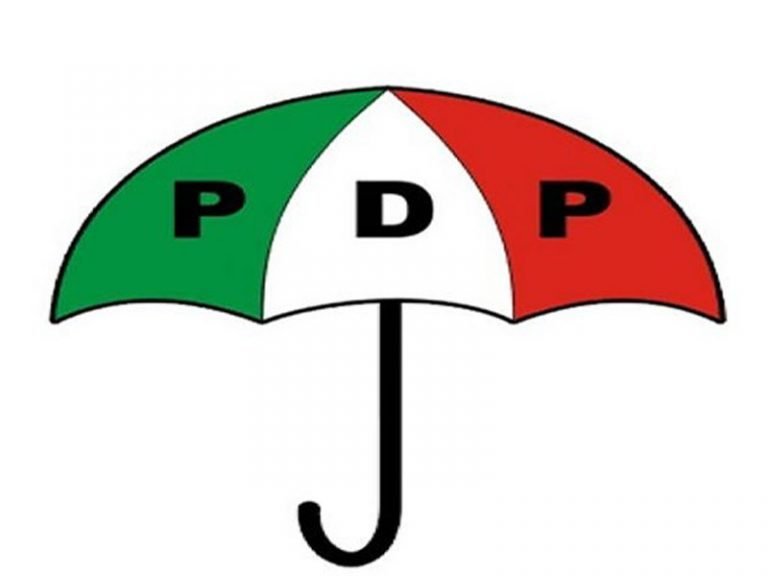A report by the Auditor-General of the Federation revealed improper payments for contracts worth more than N197.72 billion across several ministries, departments, and agencies, raising severe concerns about systemic flaws in financial compliance and procurement processes.
The findings, which are documented in the Auditor-General’s Annual Report on Noncompliance and Internal Control Weaknesses, pertain to operations between 2020 and 2021.
They expose infractions of established financial controls and procurement laws, with irregularities affecting several MDAs.
The study was produced to help stakeholders, notably the National Assembly’s Public Accounts Committees, correct these errors and recoup wasted cash.
One of the report’s primary findings uncovered inconsistencies in the granting of contracts worth N7.39 billion.
The breaches happened in 32 MDAs and violated paragraph 2921(i) of the Financial Regulations (2009), which requires open competitive bidding for all procurement activities.
The Rural Electrification Agency in Abuja had the largest irregularity in this category, totalling N2.12 billion, while Nigerian Security Printing and Minting Company Plc had the lowest, totalling N11.72 million.
The audit report read, “The sum of N7,386,551,051.09 (seven billion, three hundred and eighty-six million, five hundred and fifty-one thousand, fifty-one naira, and nine kobo) was the amount of irregularities in the award of contracts by 32 ministries, departments, and agencies.
“The Rural Electrification Agency, Abuja, has the highest amount of N2,117,143,168.09 (two billion, one hundred and seventeen million, one hundred and three thousand, one hundred and sixty-eight naira, nine kobo), while the Nigerian Security Printing and Minting Company Plc (NSPM) has the least amount of N11,720,000 (eight million, seven hundred and twenty thousand naira).”
Another worrying revelation in the audit was the payment of N167.59 billion for jobs or contracts that were either partially or completely unfulfilled.
This violates Paragraph 708 of the Financial Regulations, which forbids payments for services or items that have not yet been supplied.
The Nigerian Bulk Electricity Trading Plc in Abuja accounted for N100 billion of these irregular payments, the most in this category.
The National Centre for Women Development had the lowest irregularity, at N2.17 million.
The report read, “The sum of N167,592,177,559.40 (one hundred and sixty-seven billion, five hundred and ninety-two million, one hundred and seventy-seven thousand, five hundred and fifty-nine naira, forty kobo) was the amount of payments for jobs/contracts not executed by 31 ministries, departments, and agencies.
“The Nigerian Bulk Electricity Trading Plc., Abuja, has the highest amount of N100,000,000.00 (one hundred billion naira), while the National Centre for Women Development has the least amount of N2,171,766.44 (two million, one hundred and seventy-one thousand, seven hundred and sixty-six naira, forty-four kobo).”
The study also found violations of due process in contract awards totalling N20.33 billion across 24 MDAs.
Section 16(21) of the Public Procurement Act (PPA) 2007 mandates strict adherence to procurement strategies and mandatory approvals prior to contract awards.
However, the audit revealed that these standards were frequently neglected.
The NSPM in Abuja was liable for the most due process violations, costing N14.14 billion, while the Corporate Affairs Commission had the least, at N8.98 million.
The report noted, “The sum of N20,334,104,016.27 (twenty billion, three hundred and thirty-four million, one hundred and four thousand, sixteen naira, twenty-seven kobo) was the amount of contracts awarded in violation of due process by 24 ministries, departments, and agencies.
“The Nigerian Security Printing and Minting Company Plc, Abuja, has the highest amount of N14,136,472,333.16 (fourteen billion, one hundred and thirty-six million, four hundred and seventy-two thousand, three hundred and thirty-three naira, and sixteen kobo), while the Corporate Affairs Commission has the least amount of N8,980,603.72 (eight million, nine hundred and eighty thousand, six hundred and three naira, seventy-two kobo).”
In addition, N2.41 billion was determined to have been paid for contracts exceeding allowed financial thresholds without getting the required “Certificate of No Objection” from the Bureau of Public Procurement.
This infraction affected five MDAs, with the Ahmadu Bello University Teaching Hospital in Zaria incurring the largest cost at N1.06 billion.
The Federal Medical Centre in Bida recorded the least amount, N9.9 million.
The report read, “The sum of N2,407,710,913.92 (two billion, four hundred and seven million, seven hundred and ten thousand, nine hundred and thirteen naira, and ninety-two kobo) was the amount of contracts awarded above the threshold by five ministries, departments, and agencies.
“The Ahmadu Bello University Teaching Hospital, Zaria, has the highest amount of N1,065,614,232.70 (one billion, sixty-five million, six hundred and fourteen thousand, two hundred and thirty-two naira, seventy kobo), while the Federal Medical Centre, Bida, has the least amount of N9,900,000.00 (nine million, nine hundred thousand naira).”
These issues were classified as “cross-cutting” in the report, indicating that they were systemic and happened in at least four MDAs.
It critiqued the MDAs’ poor internal controls and emphasised the need for better implementation of financial standards.
The National Assembly’s Public Accounts Committees have been notified of the findings, which include suggestions to ensure accountability and prevent recurrences.
The disclosures have raised questions about the government’s capacity to manage public finances efficiently, especially given Nigeria’s economic woes, such as inflation and mounting debt.
The audit findings emphasise the critical need for reforms to rebuild public trust in the country’s financial management system.











